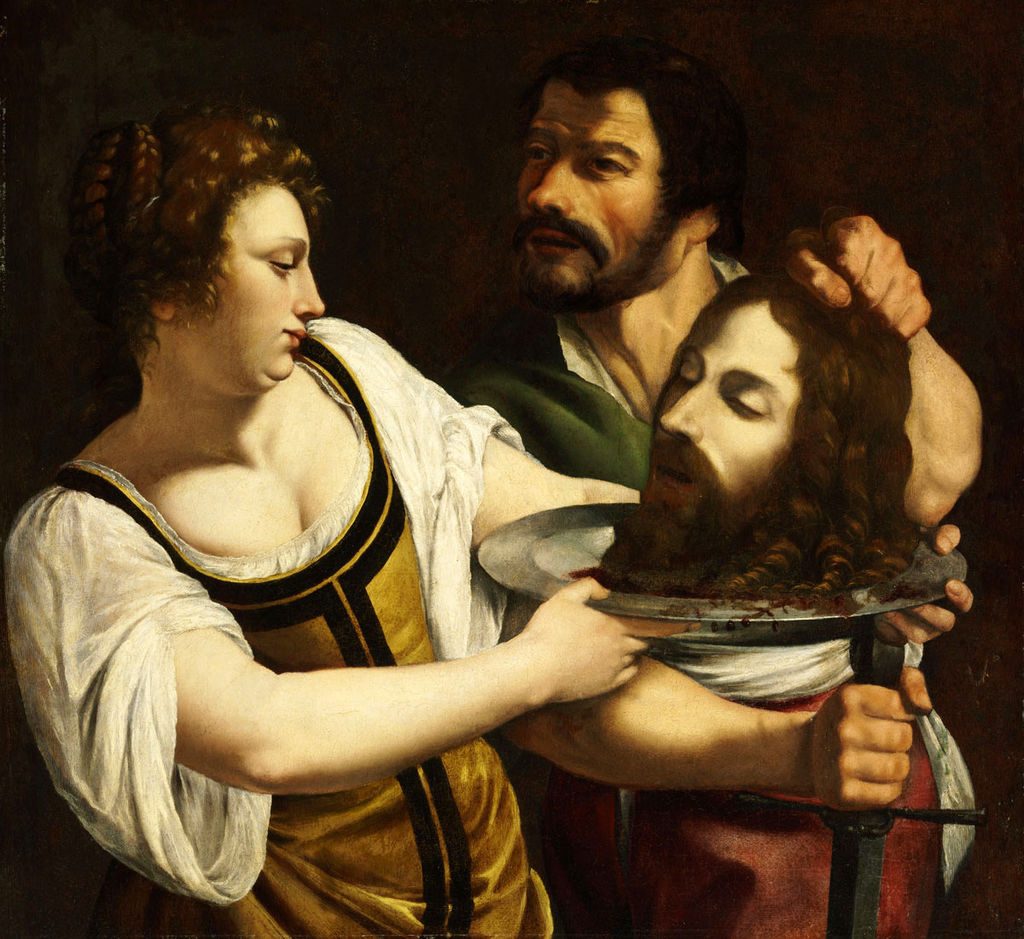When I lived in northern Wyoming my son had a best friend who lost his mother to his father’s violence. Though it had been almost two years since her last contact with him, he came back from the state to which he had moved, shot her and her boyfriend dead, then rented a motel room down the street and took a nap. My son and his friend were nine years old that year.
In interviewing Wyoming battered women who had left their abusive relationships, a friend of mine discovered that it wasn’t new-found strength or confidence, protection under the law or new coping strategies that made the difference. Most often it was that they perceived that the batterer was no longer capable of harming them, e.g. in prison or unable to find them, or that he had found a new romantic interest and was no longer focused on them. These women said that leaving before one of these conditions had been met could very well have cost them their lives.
I grieve for the people in Sutherland Springs, Texas, whose church was decimated by such a man. Though there was a public record of his violence, he slipped through the cracks; he was allowed to purchase weapons. At a more systemic level, we allowed him to rampage.
In today’s Gospel lesson we read about Herod killing John the Baptist. He slaughtered a holy man, one of God’s own, special messengers, simply because he didn’t want to lose face. At a more systemic level, he did it because he could.
As Christians we are often tempted to minimize our own and one another’s violence. Everything from derogatory comments made about women to outright physical abuse are made light of and excused because we want to think the best of one another, confusing denial with love. Even Herod is let off the hook, as we blame the seductive Herodias and her enchanting daughter for John’s death, losing sight of who had the actual power.
Thousands of women and children die every year at the hands of their spouses. It is a commonplace occurrence. We are complicit in this violence when we fail to see it and address it for what it is.
I grieve for the people of Sutherland Springs, whose loss is so vast and senseless. I pray for them and stand with them in their suffering and bafflement. I know you do, too.
May our prayers prepare us for action. May we renew our dedication to bring about the changes that will end violent acting out. May we see, recognize what we see, and address it in every way possible to us, working together to find strategies that really work.
Laurie Gudim is a religious iconographer and writer living in Fort Collins, Colorado. Some of her ions can be viewed at http://everydaymysteries.com. And check out her novel at https://smile.amazon.com/dp/B074G137V8/ref=smi_www_rco2_go_smi_g2609328962?_encoding=UTF8&btkr=1&ie=UTF8

